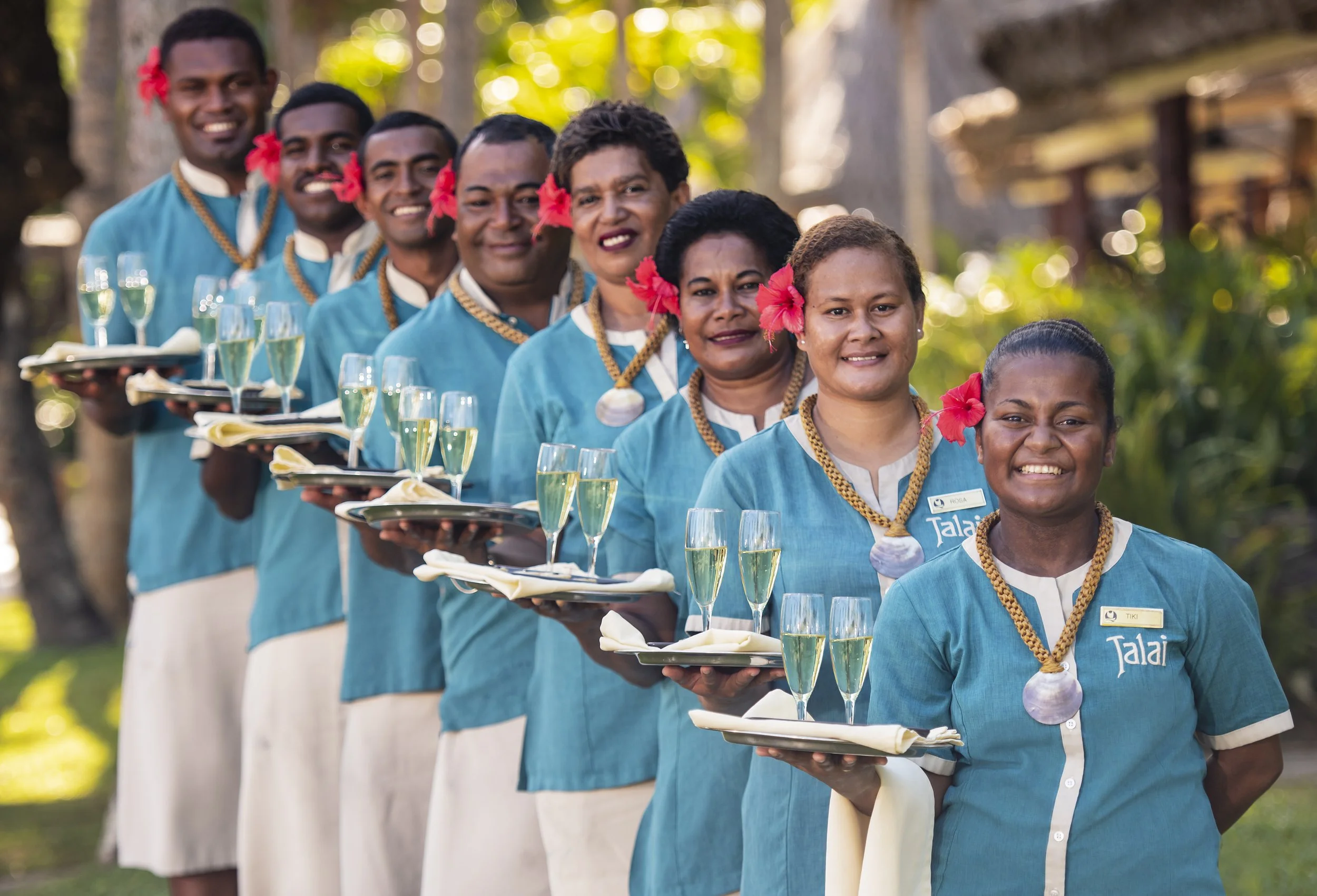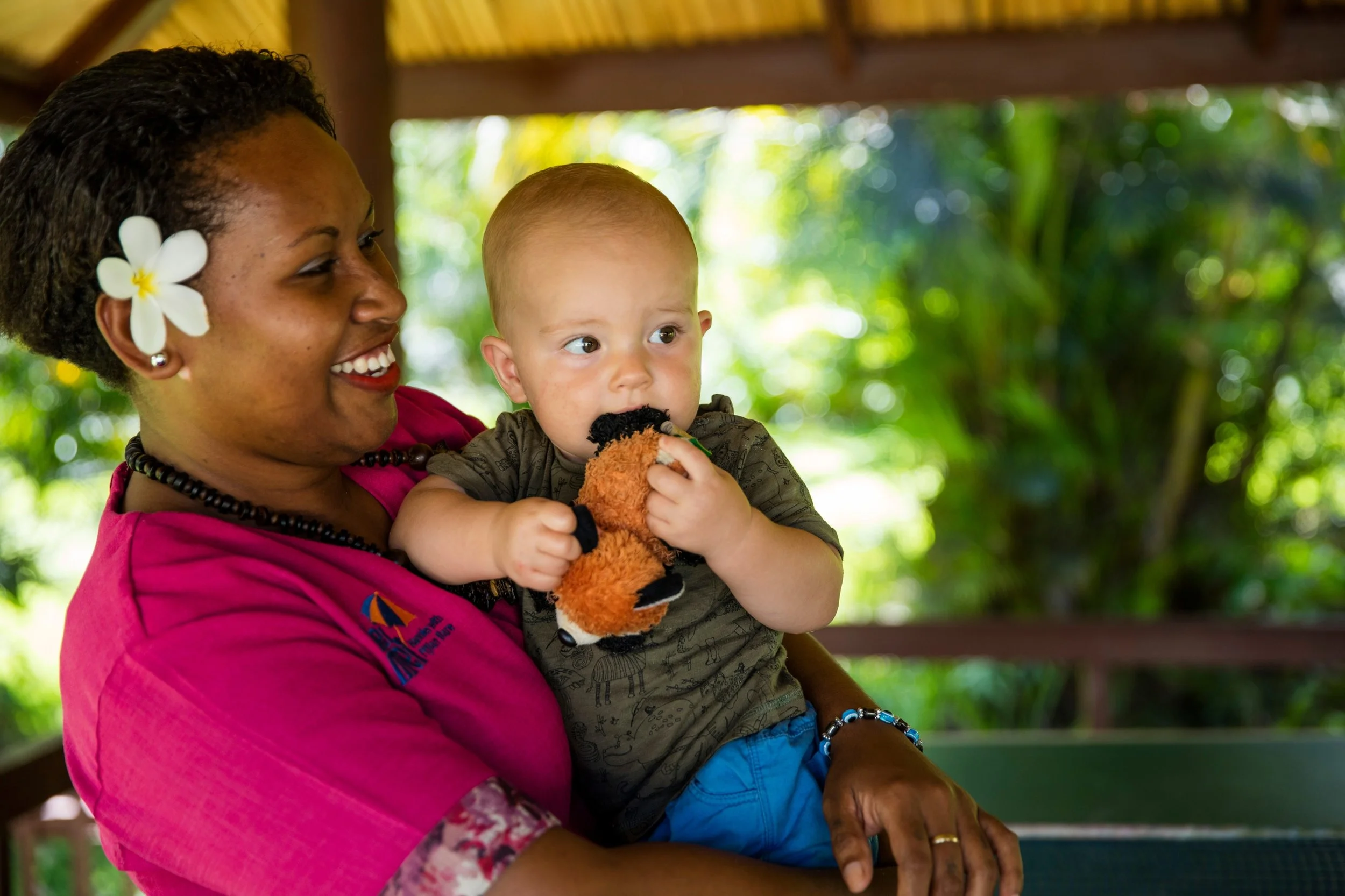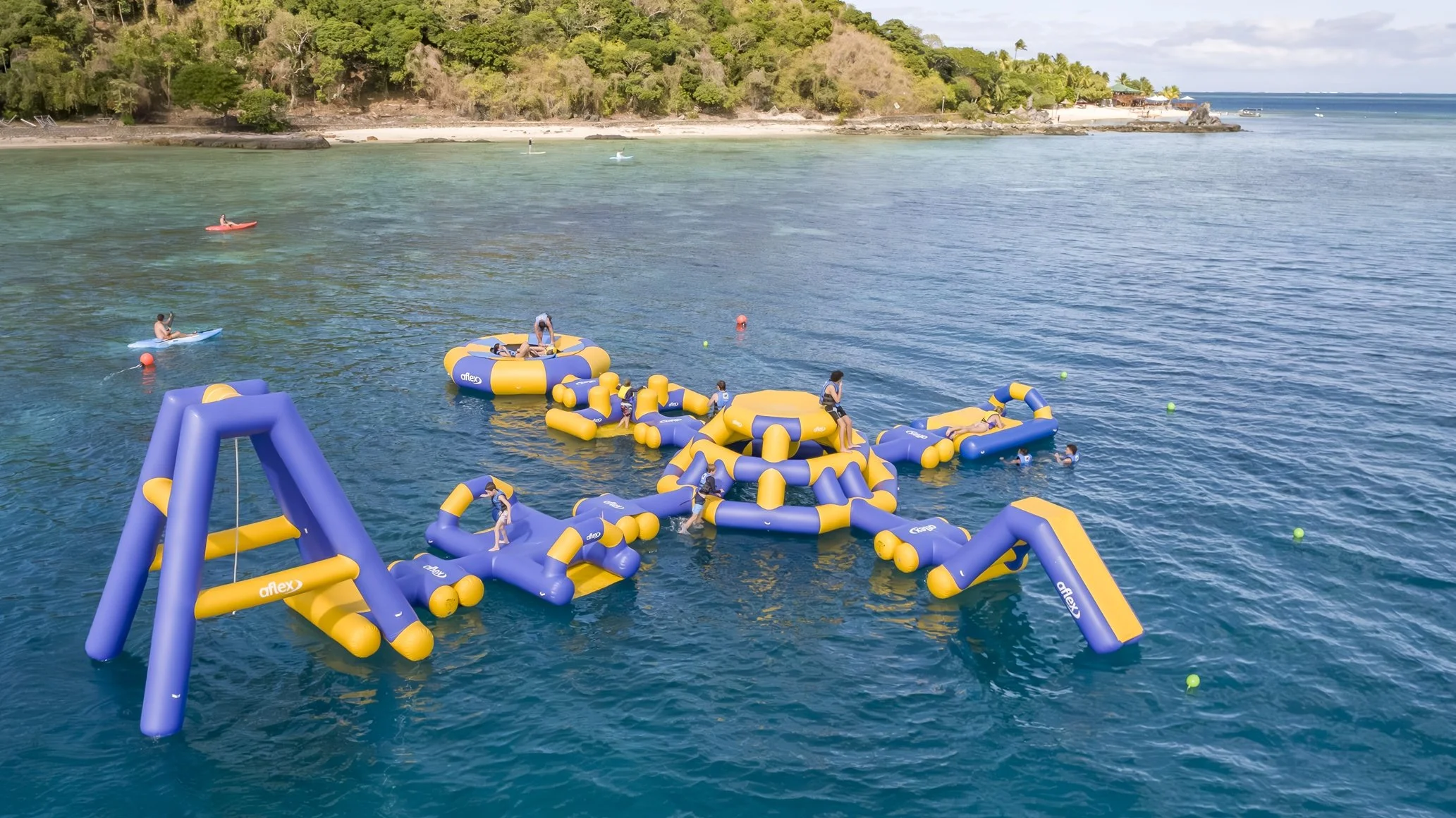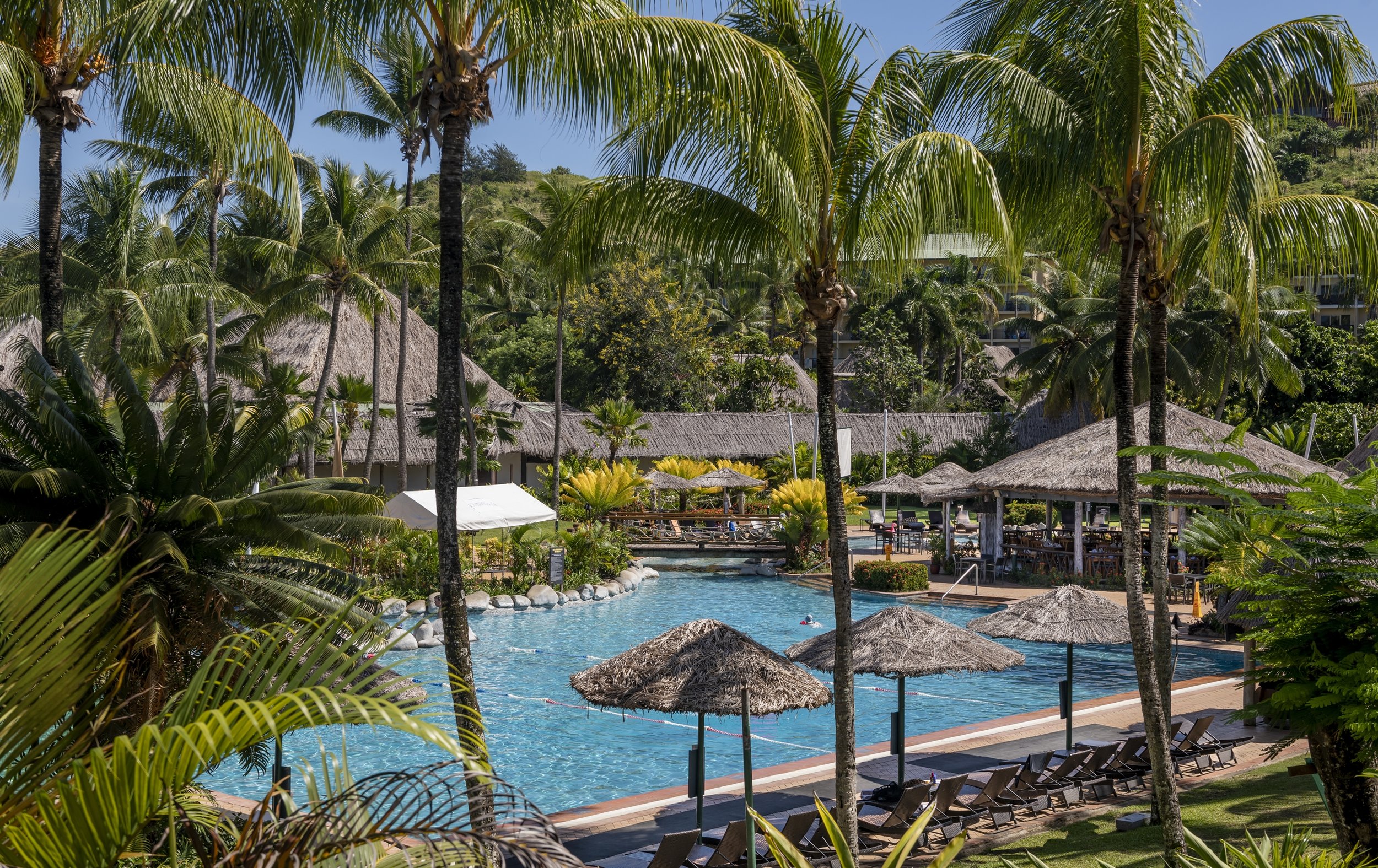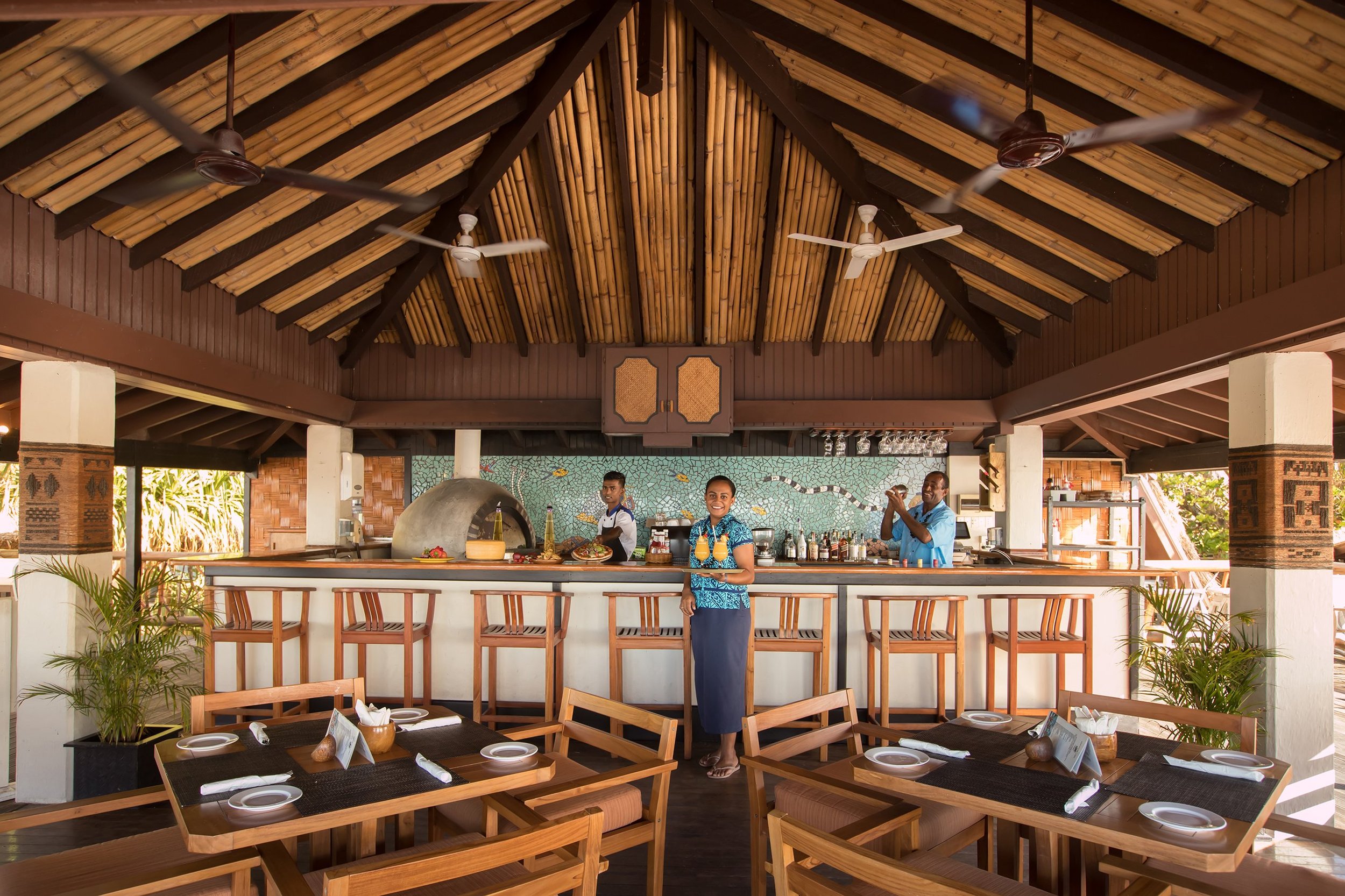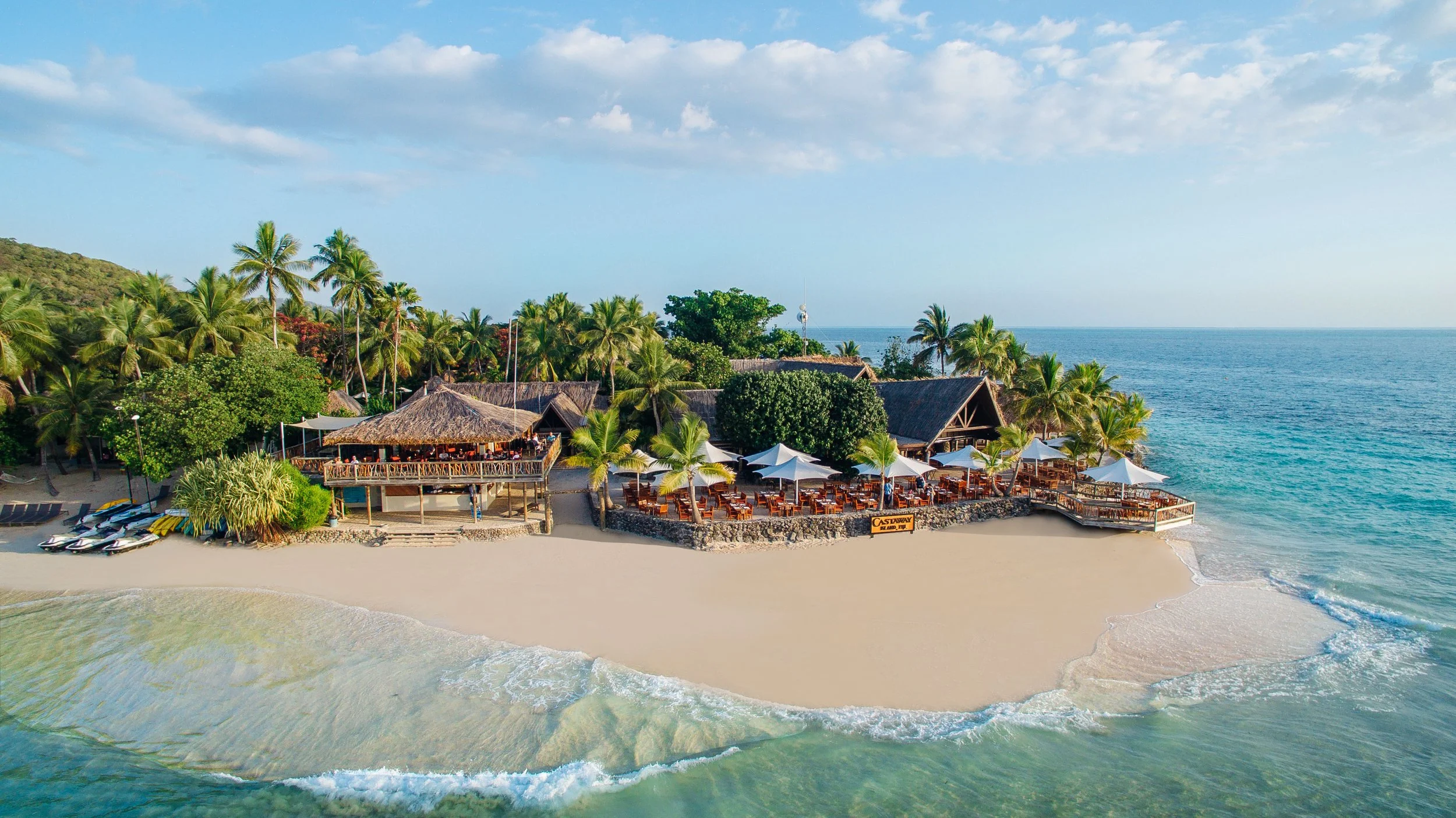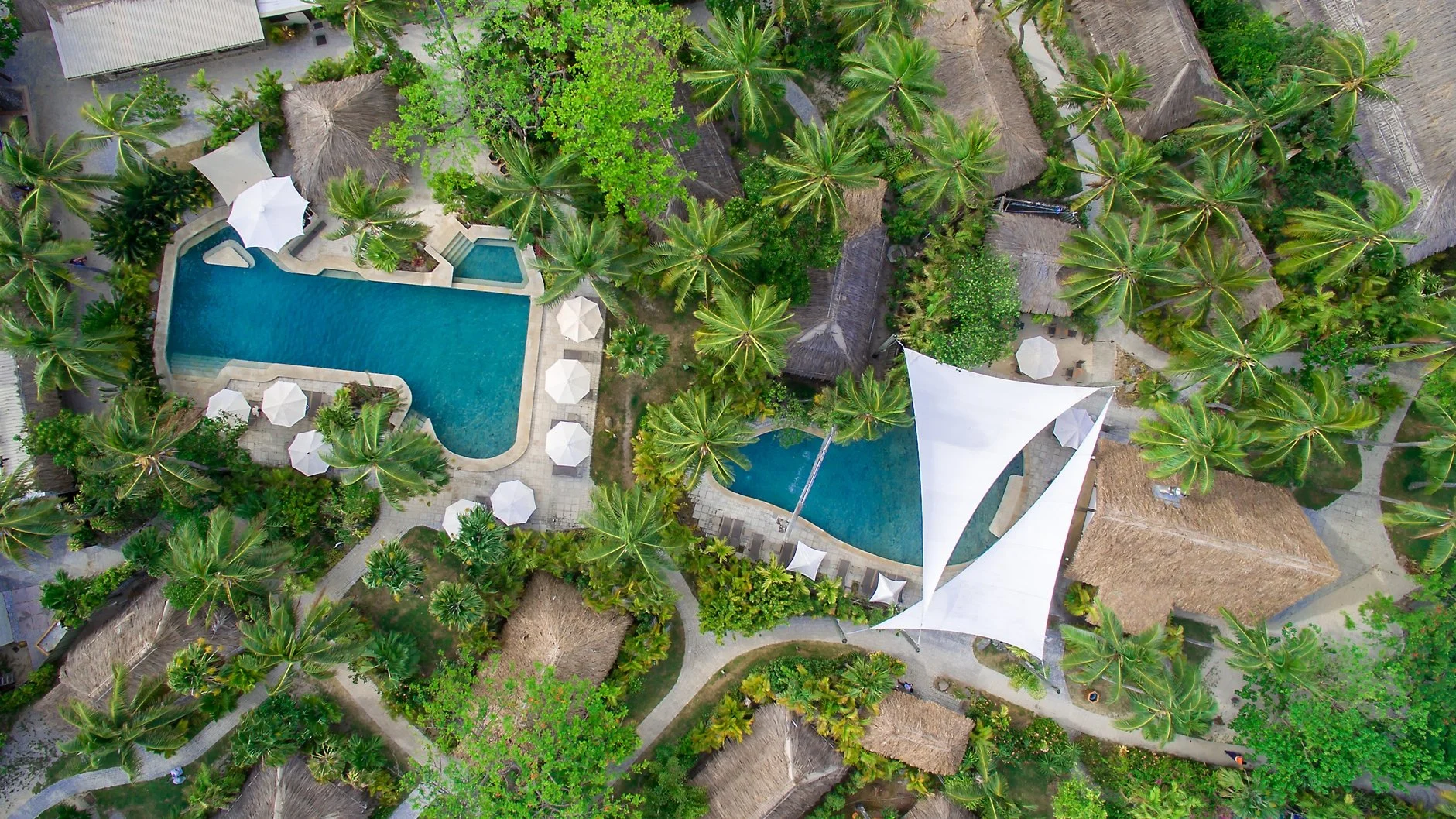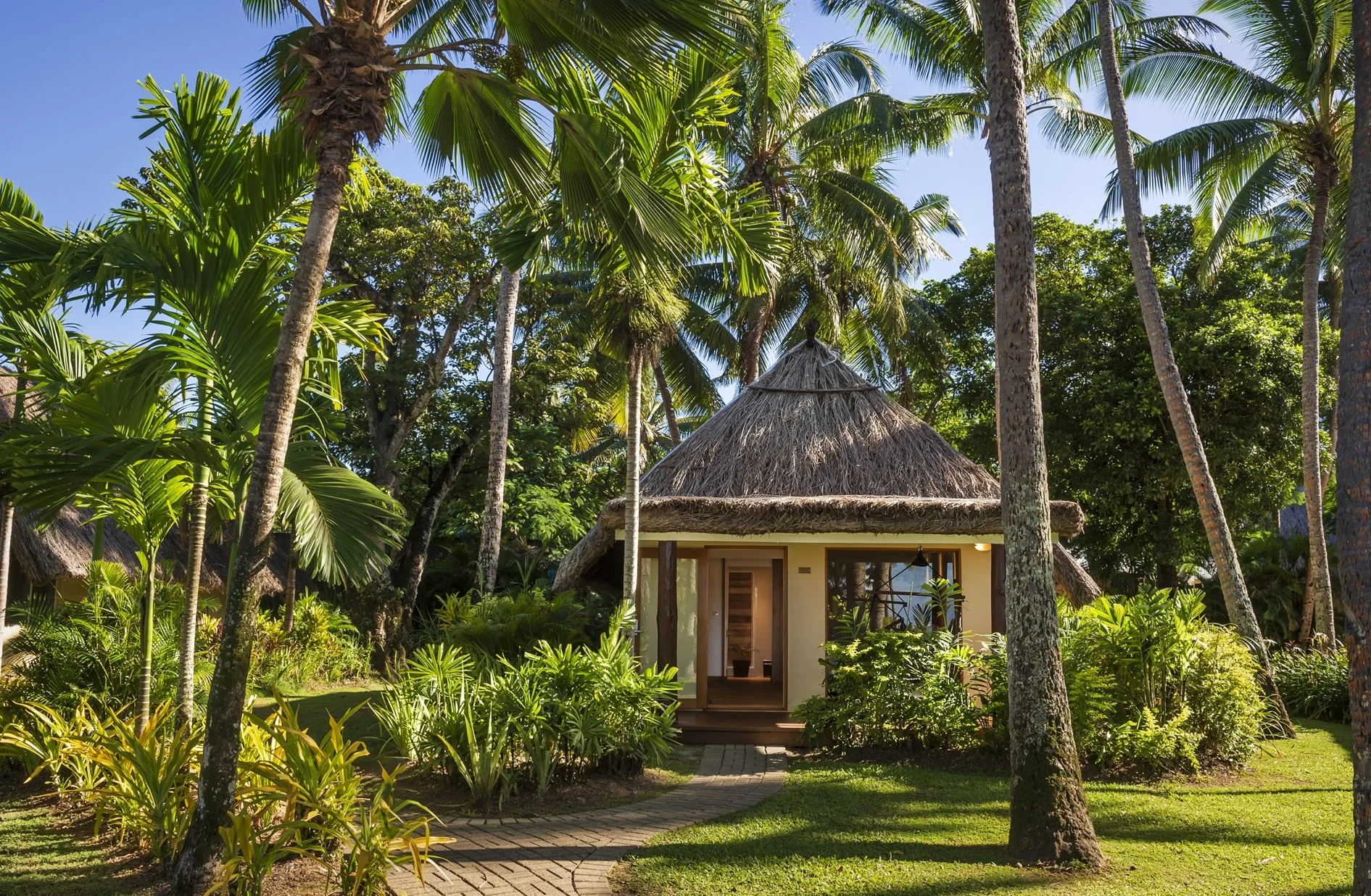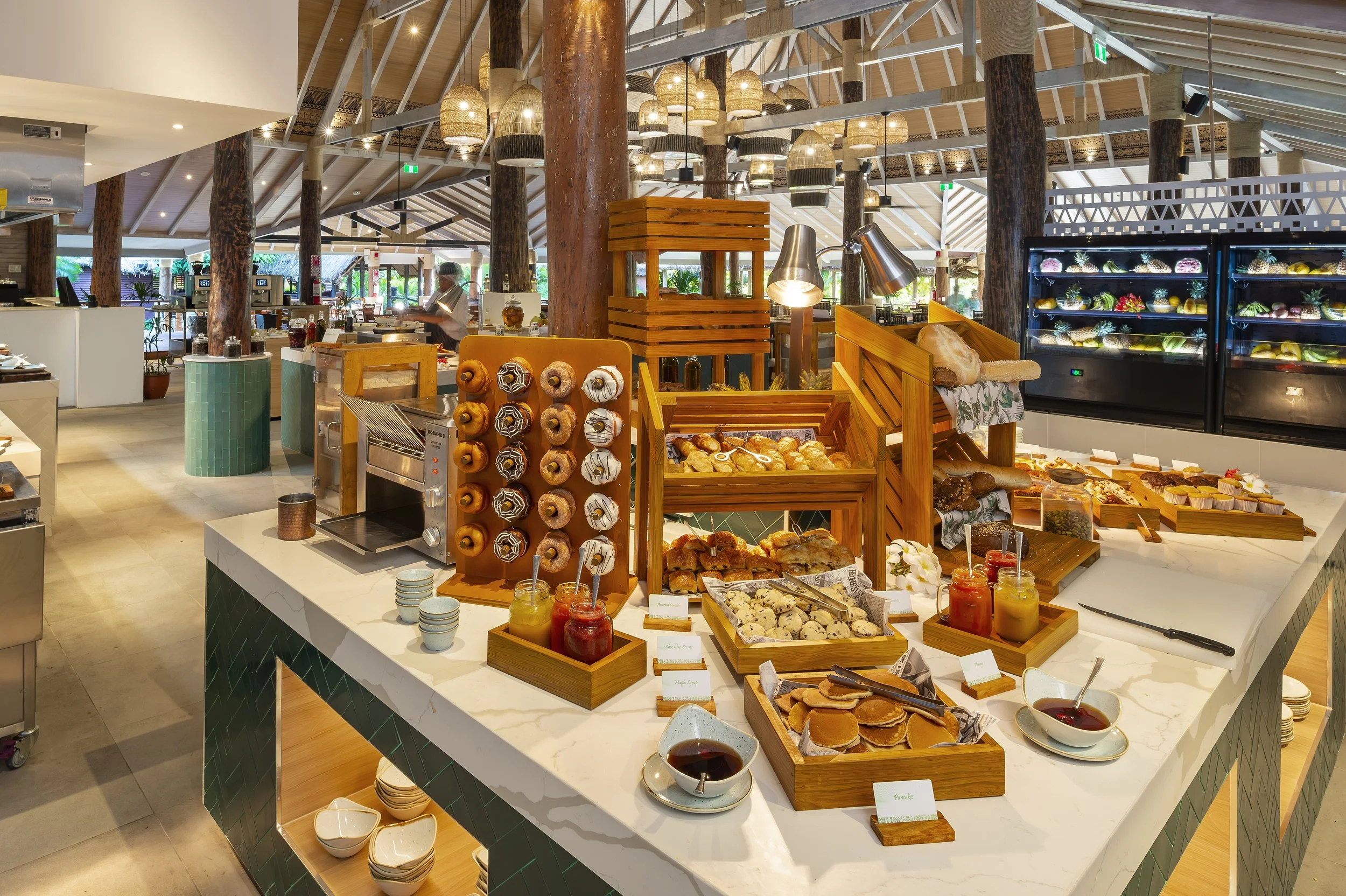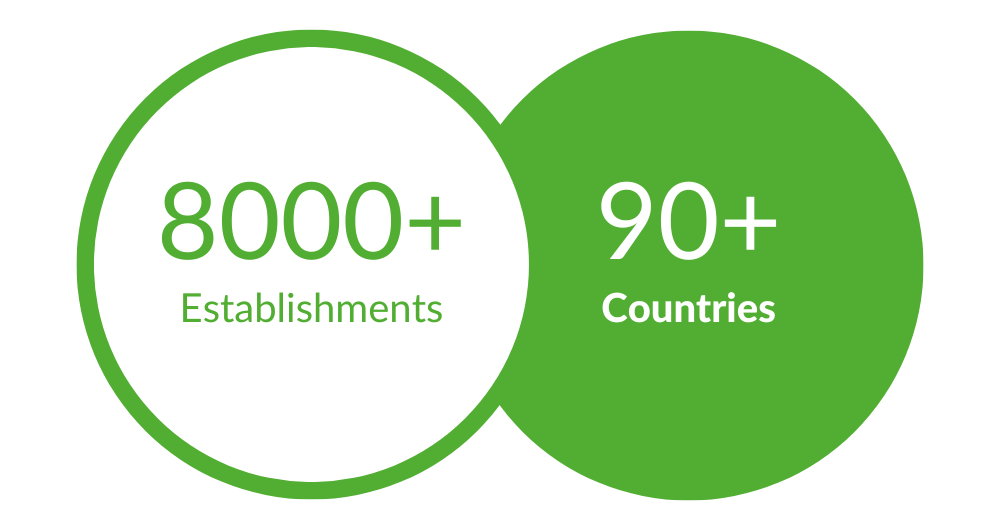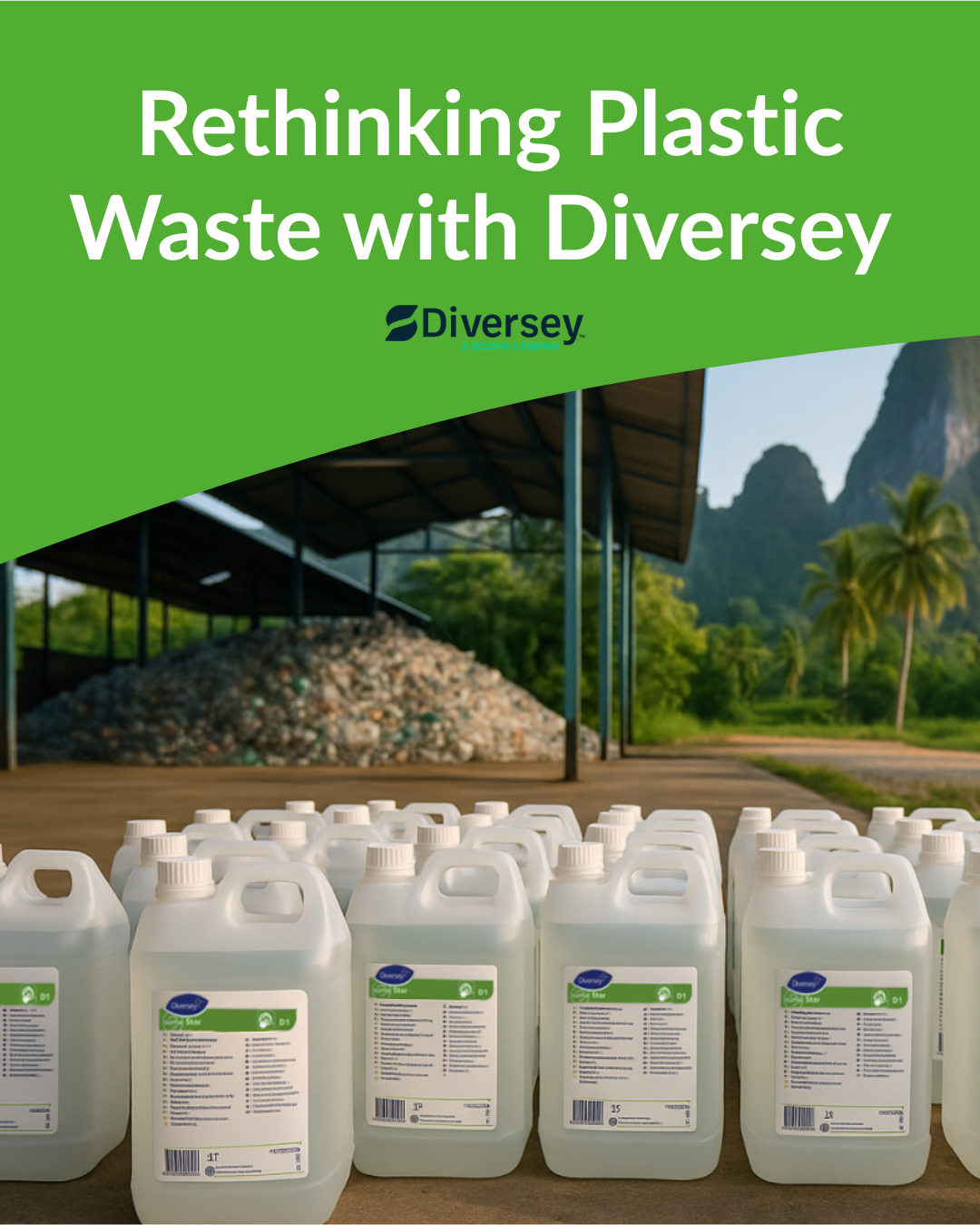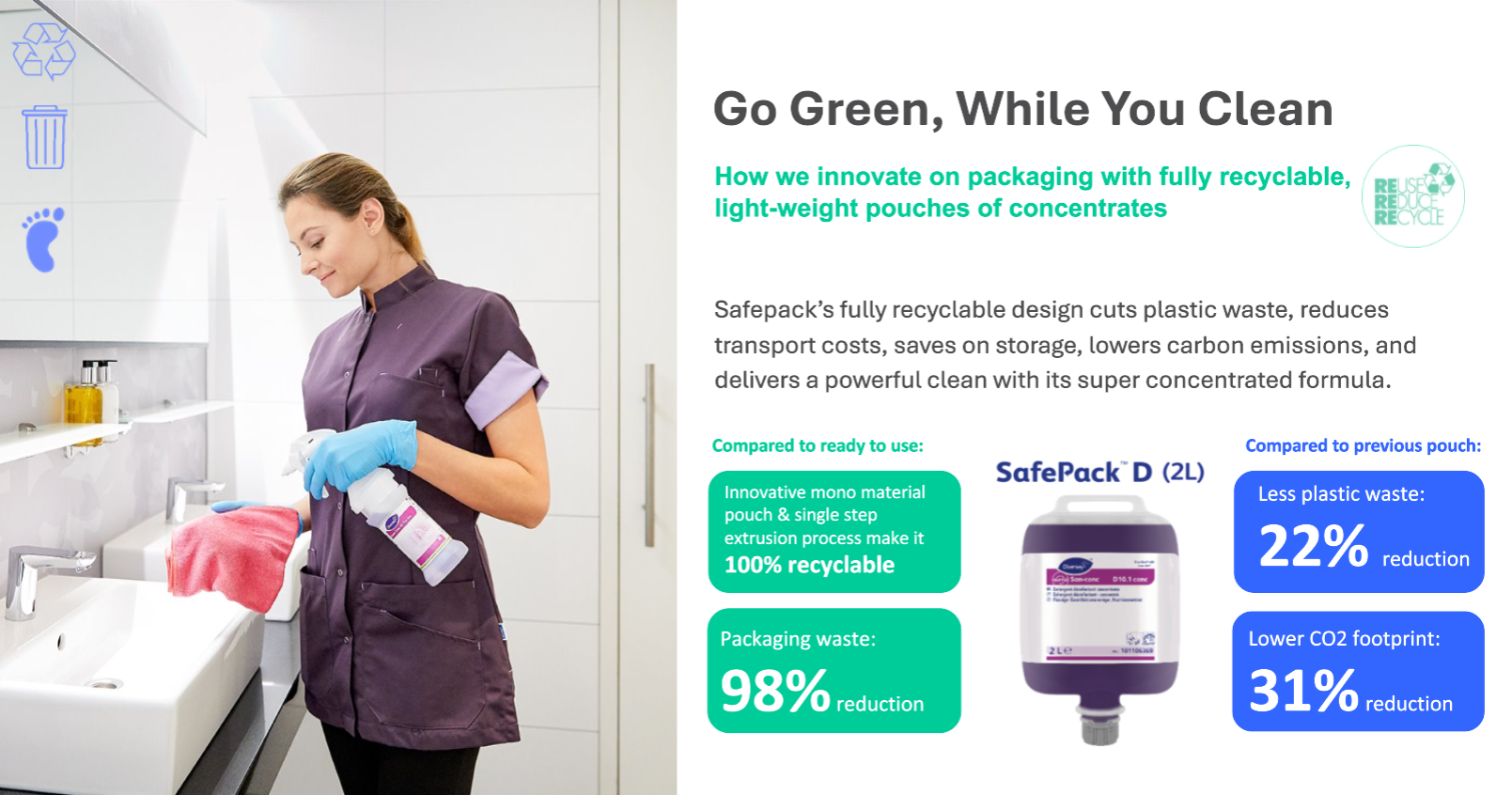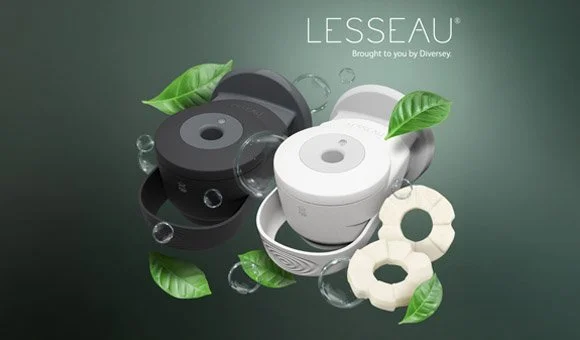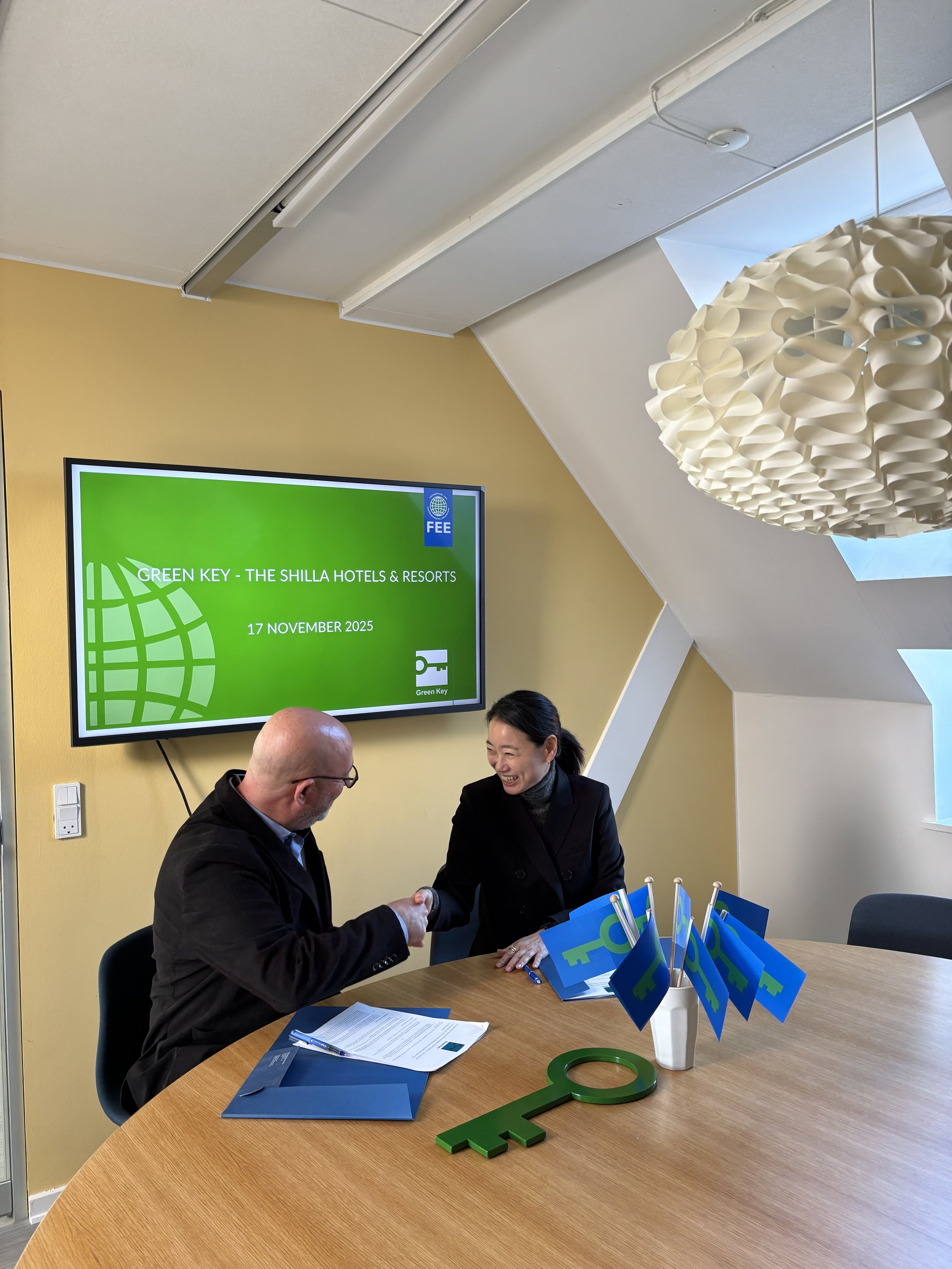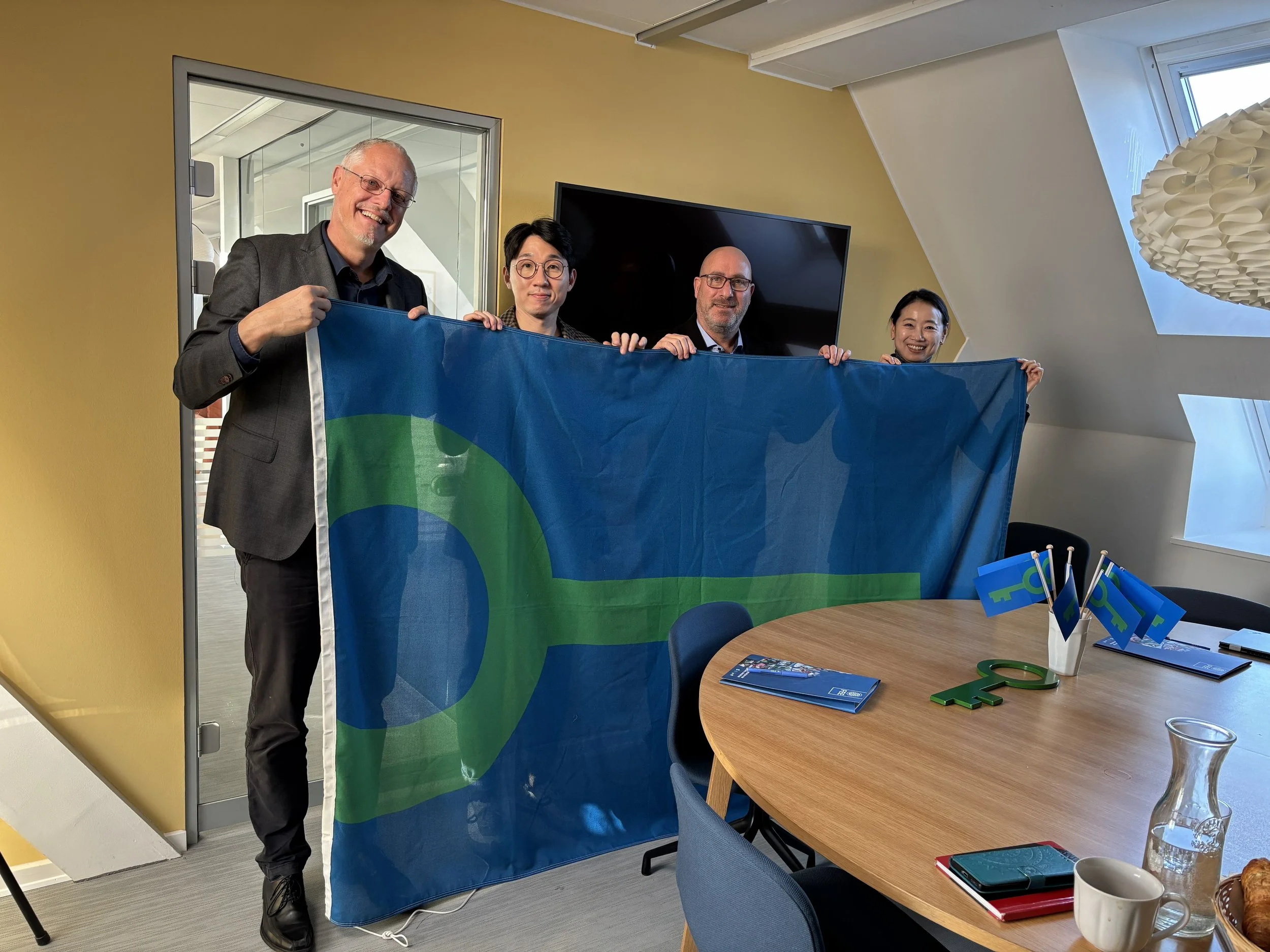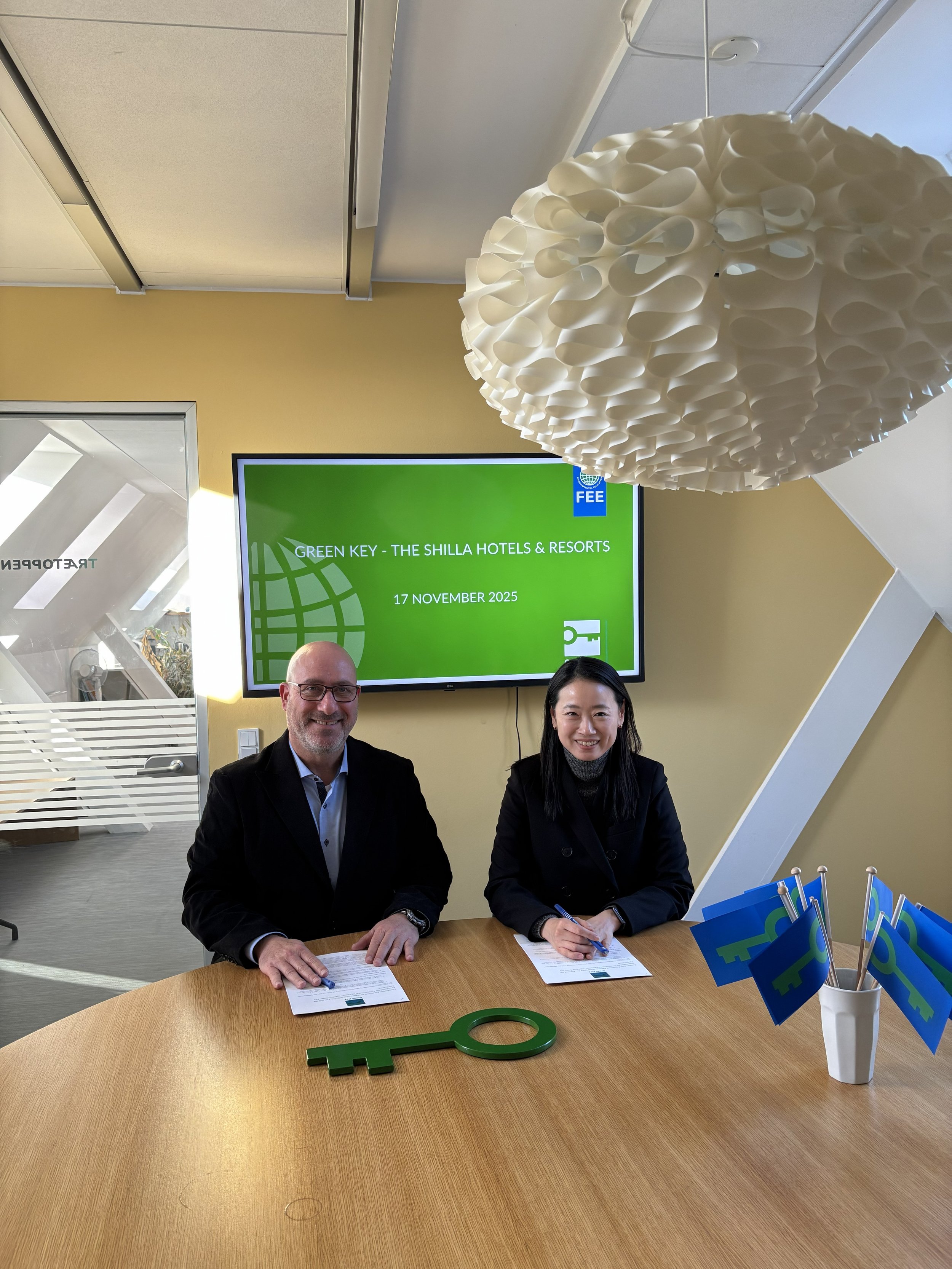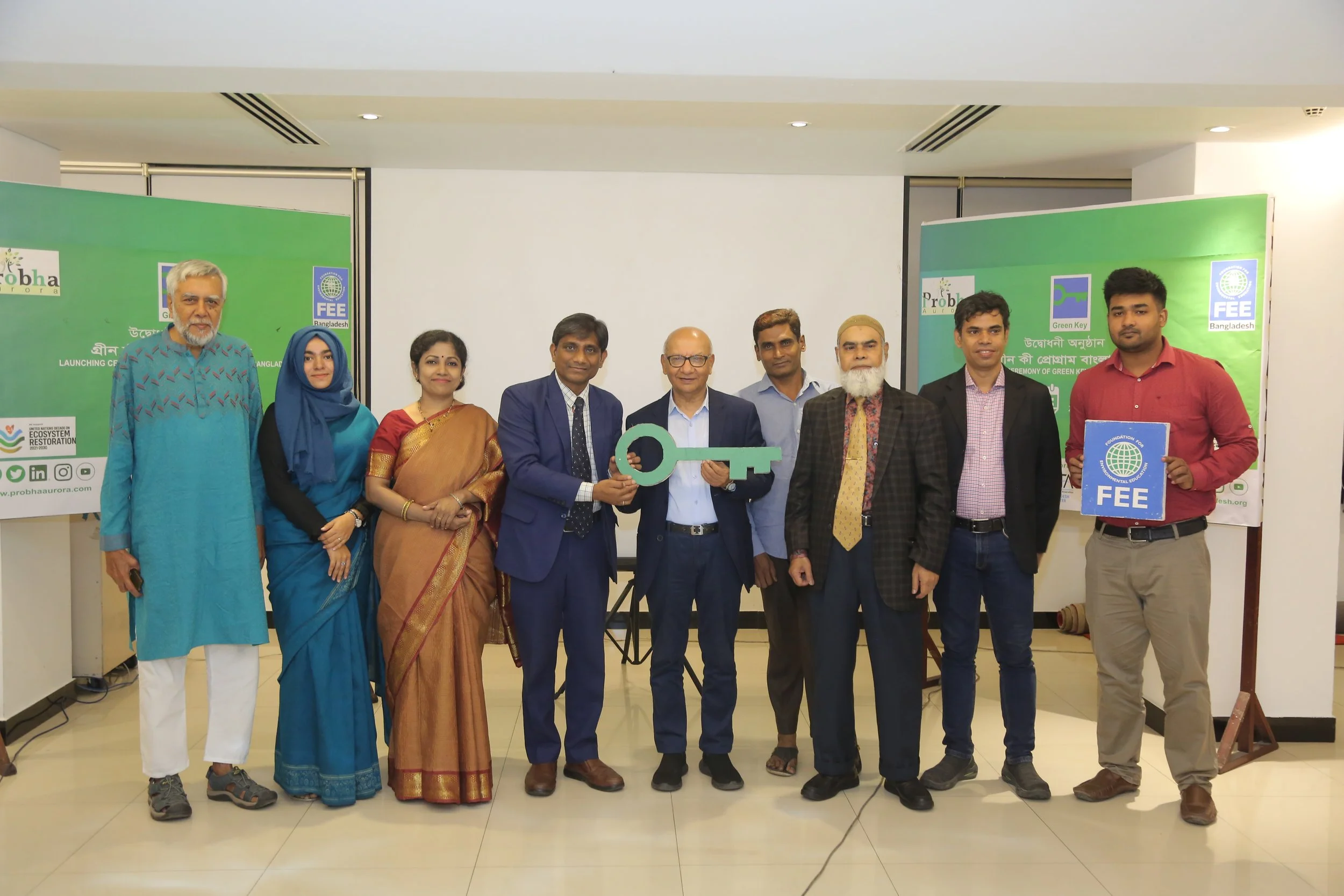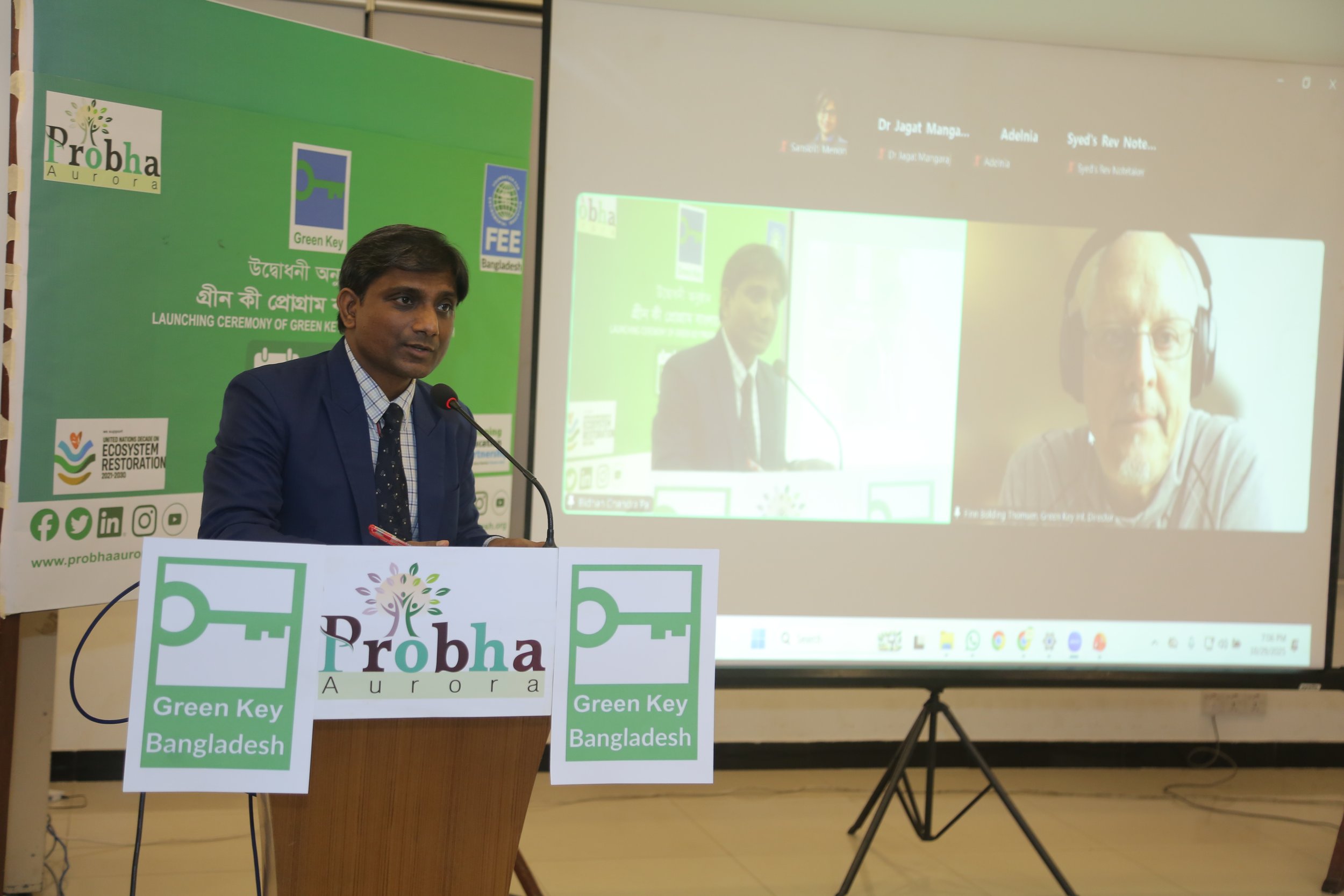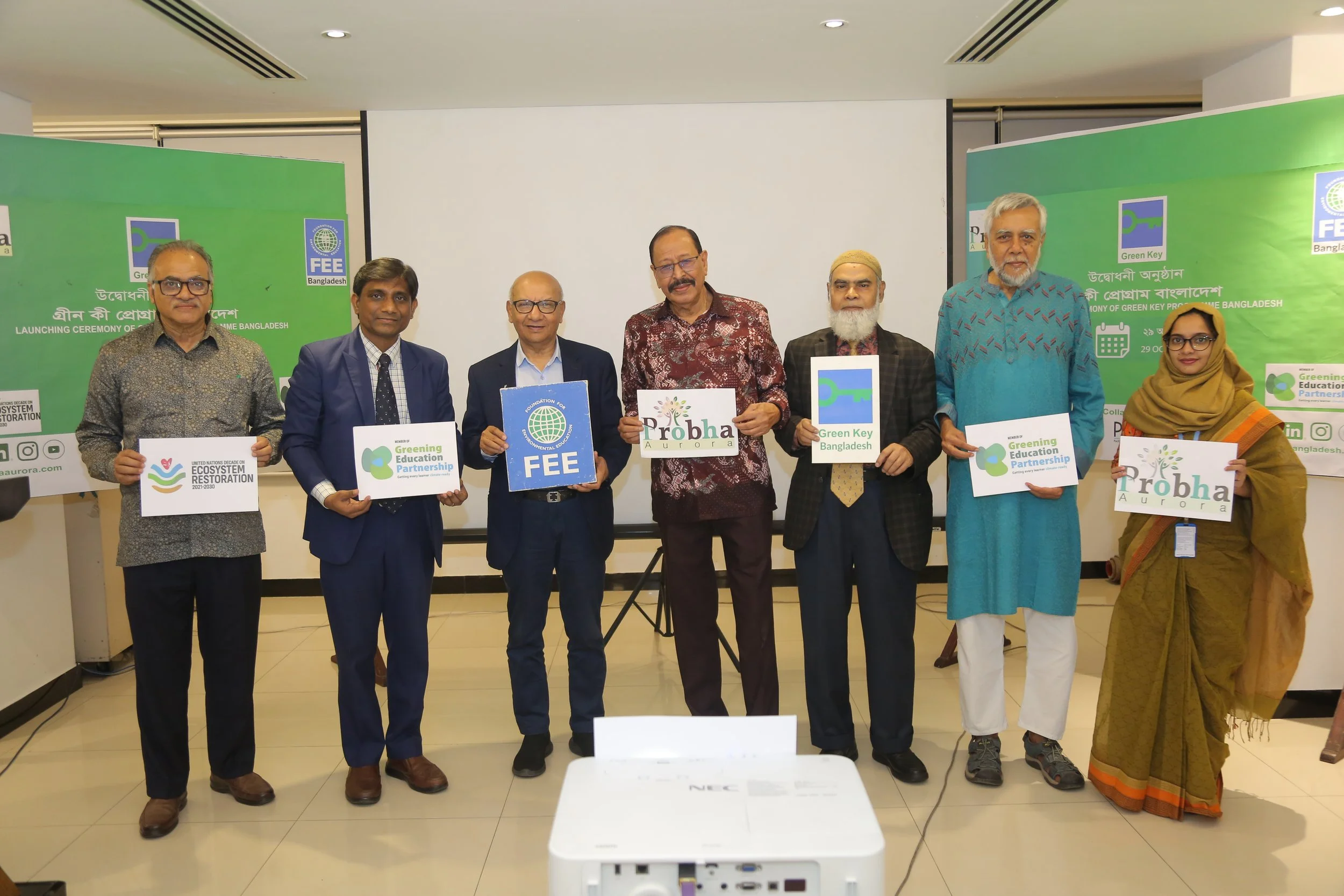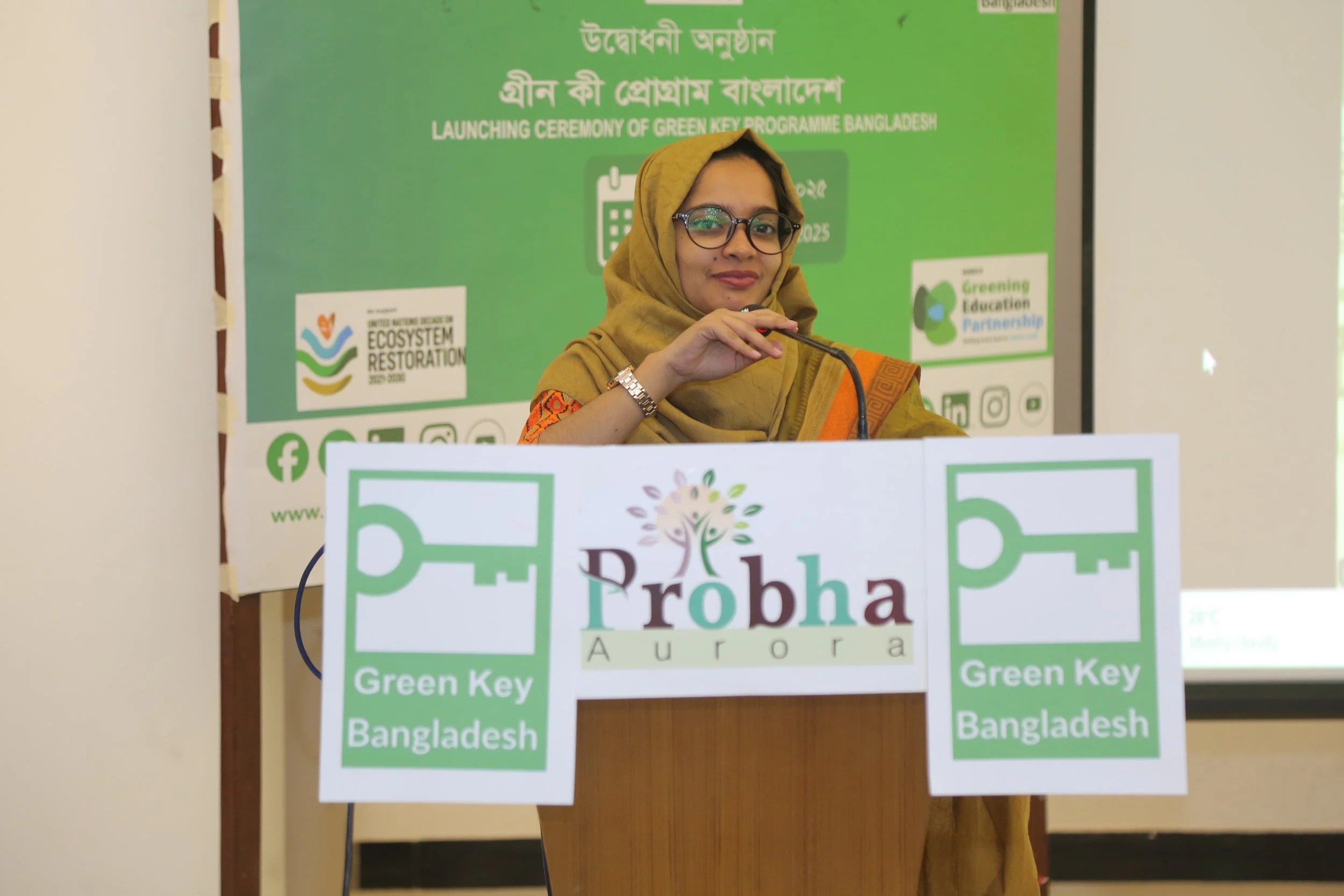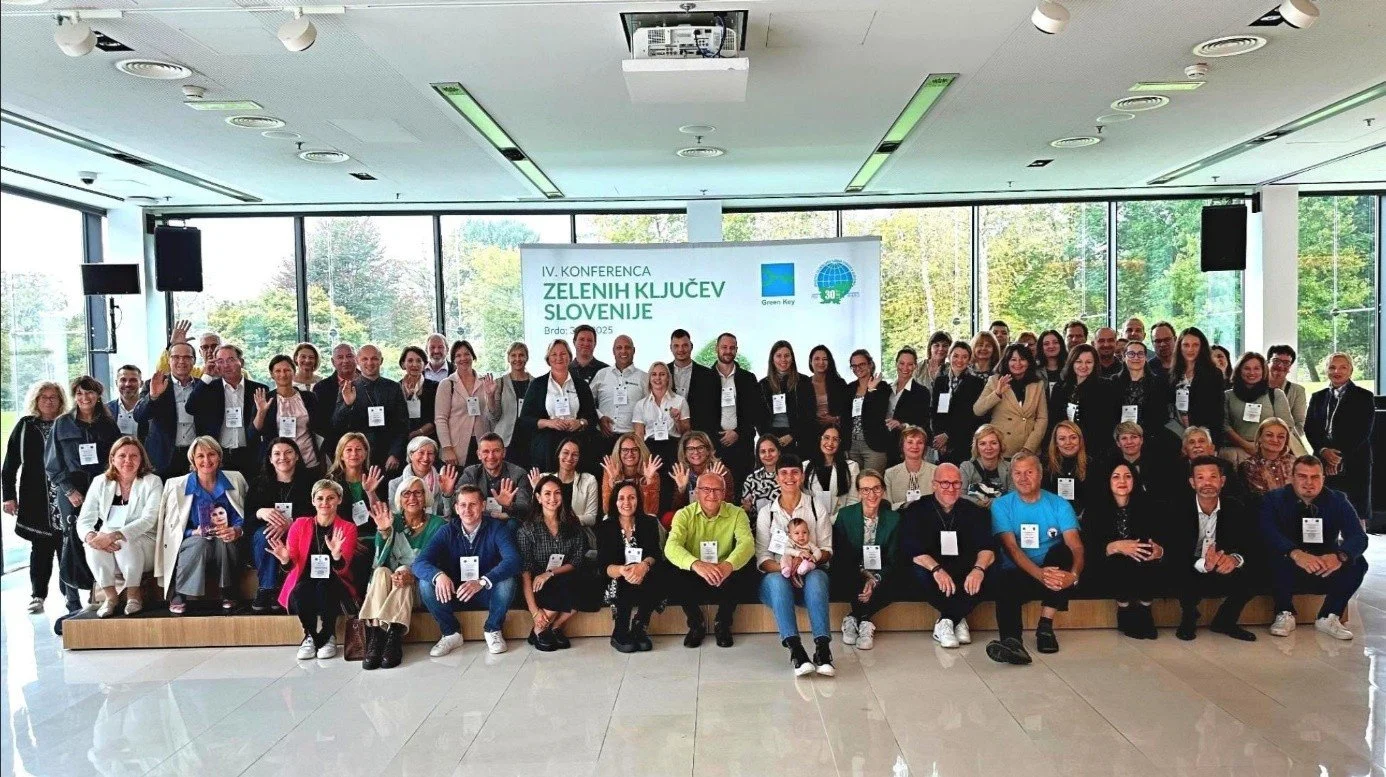Green Key is pleased to announce that OUTRIGGER Fiji Beach Resort and Castaway Island, Fiji have become the first establishments in Fiji to achieve Green Key certification. The certification was awarded following a comprehensive auditing and documentation process, confirming the resorts’ compliance with Green Key’s rigorous environmental and social responsibility criteria.
Both properties demonstrate strong environmental management systems and a long-term commitment to sustainability. They implement measures to reduce energy and water consumption, manage waste responsibly, and prioritise sustainable purchasing. At OUTRIGGER Fiji Beach Resort, a dedicated environmental officer oversees legislative compliance and supports continuous improvement across all operational areas.
The resorts place a strong emphasis on community engagement and local economic support through local employment and sourcing practices. Environmental education is integrated into the guest experience, encouraging awareness of sustainability and conservation issues.
Marine conservation is a key focus at Castaway Island, Fiji, where the recently launched Sculptural Coral Gene Bank supports coral regeneration while providing an educational platform for guests to learn about reef protection and biodiversity.
As the first Green Key certified establishments in Fiji, OUTRIGGER Fiji Beach Resort and Castaway Island, Fiji set an important benchmark for sustainable tourism in the destination and demonstrate how high-quality hospitality can align with strong environmental and social practices.
ABOUT OUTRIGGER RESORTS & HOTELS
For more than 75 years, OUTRIGGER has charted a journey of discovery – expanding from Hawaii to premier resort destinations including Fiji, Mauritius, Thailand and the Maldives. The privately held hospitality company invites guests to ‘Come Be Here’ with authentic Signature Experiences and the OUTRIGGER DISCOVERY loyalty program – a member of the award-winning Global Hotel Alliance (GHA). OUTRIGGER’s multi-branded portfolio includes OUTRIGGER Resorts, Hawaii Vacation Condos by OUTRIGGER®, The Kapalua Villas Maui and OUTRIGGER Honua Kai Resort & Spa while also managing select properties from top international hotel brands including Embassy Suites by Hilton®. Find out more at OUTRIGGER.com or visit @OUTRIGGERResorts on Facebook, Instagram and X.
About Green Key
Green Key is a leading international environmental certification programme for tourism and hospitality businesses, operated by the Foundation for Environmental Education (FEE). The certification is awarded to establishments that meet strict environmental standards across areas such as energy and water conservation, waste management, sustainable sourcing, environmental education, and corporate social responsibility. Recognised worldwide, Green Key provides travelers with trusted assurance that certified hotels and resorts are actively reducing their environmental impact while contributing positively to the destinations in which they operate.

